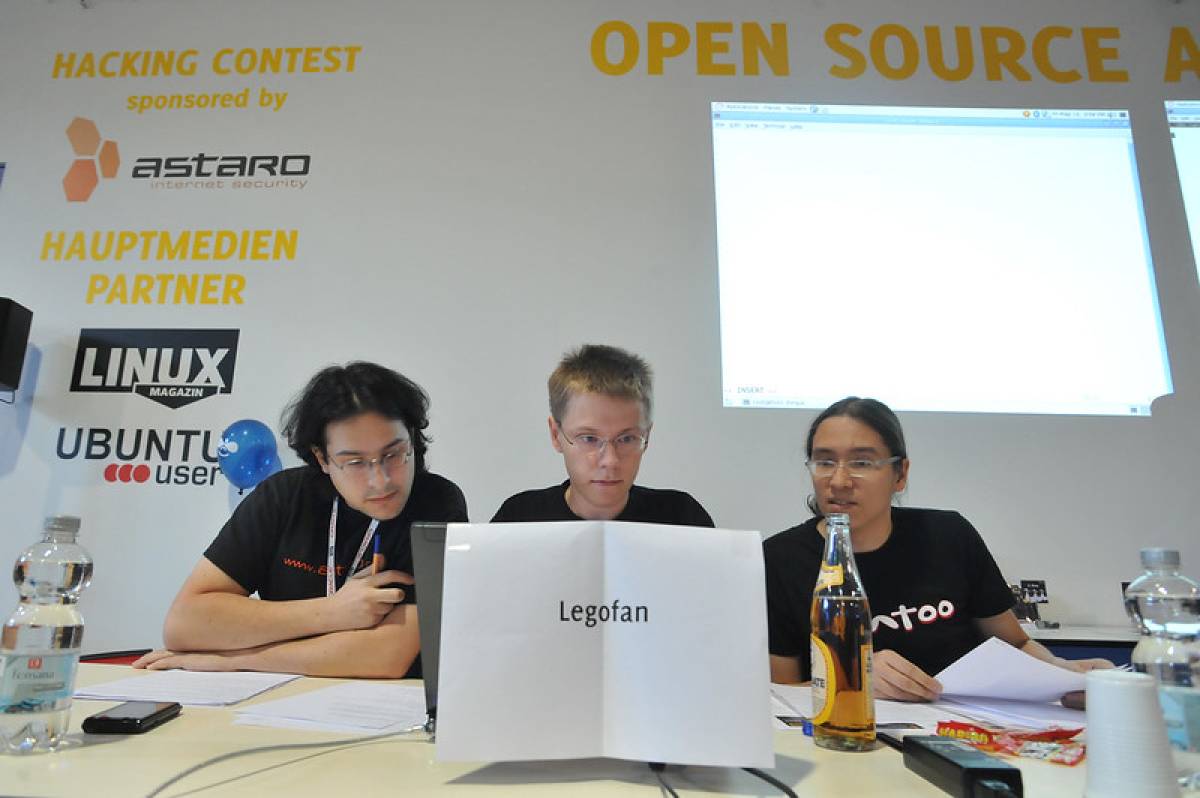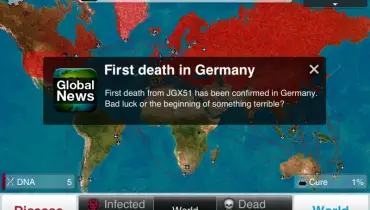The Evolution of Open-Source: Journey from Software to Science

Despite existing challenges such as competition for publication and intellectual property protection, open-source has come a long way and is also being encountered in other sectors like science.
Professor Karim R. Lakhani in his paper titled "The Value of Openness in Scientific Problem Solving," describes how the practice of ‘broadcasting’ scientific discovery and information has helped scientists solve challenges that previously hadn’t been successfully addressed. As he explains, this happens because innovations often take place at the intersection of disciplines.
Out of the interest in finding common parties between the fields of software and science, Dr. Lakhani used his background in open-source software research to see how it could help serve the scientific community.
As a cut-edge strategy, open collaboration is an entirely new approach to innovation and product development that is changing the ways of business. Similarly, broadcasting knowledge openly and publicly in the scientific field is bringing unique results.
While open-source software development practices are aimed towards problem-solving, science is also heavily influenced by publication. What this means is that scientists will naturally encounter a certain resistance to sharing their knowledge openly.
For example, researchers might be reluctant to adopt an open-source approach due to the risks involved with the loss of intellectual property or providing competitors with too much information on their account.
Despite the objective challenge, many professionals in the science field are now more open to the idea of adopting open-source in their work. This is because the pros of knowledge-sharing often outweigh the cons.
Companies like The Ortus Club, a marketing agency dedicated to hosting roundtable and knowledge-sharing events for the C-suite, are relying hugely on knowledge sharing to prompt business discussion.
Active since 2016, the company has now transitioned to hosting virtual events with great success. Their services have proved to IT companies all over the world that knowledge-sharing between decision-makers can improve overall business results.
Interconnectivity means that experts in one field can sometimes provide solutions to problems found by their colleagues in another field. This creates an incredible advantage as, by reaching out for support from their colleagues, scientists can now connect with professionals that might have the solution to that very problem already at hand, sparing everyone unnecessary years of research.
In some of the most successful samples from Professor Lakhani’s study, problem-solving took as little as two weeks. In the scientific community timeframe, this is an incredibly speedy achievement.

Given its success in exploring the benefit of open-source methods and knowledge broadcasting practices in the scientific field, Lahkani is now interested in bringing his research to the next level.
The Harward professor is looking into other ways open-source can expand beyond software, all the while keeping in mind the intersection between firms and communities and the emergence of hybrid models, along with the impact they have on organizations.
Using a similar approach to the one employed in his science-focused research, Lahkani is now looking to run experiments in which the same problem is broadcasted inside and outside a firm to see whether that opens businesses to different levels of achievement. The professor anticipates the success of such an investigation may depend on the size of a given enterprise: the bigger the company, the higher the chance valuable information and support may come from within.
As for addressing the issue with intellectual property, a future trial may involve the analysis of such constraints and the obstacle they pose to collaboration. This will involve the participation of study targets in a "wiki-like" platform or programming contest in which anyone can get access to everyone else’s work and repropose it as their own after applying mild modifications. It will be interesting to see what role limitations such as the introduction of IP rights will play in the investigation.
The professor also plans to look at how open-source, a notoriously democratic and free-access model based on the joint effort of thousands of volunteers, could turn into a successful tool for for-profit organizations.
Businesses and organizations are attracted to open-source solutions because of the immense potential for a more flexible solution and more rapid innovation and it promotes collaboration and sharing among its users. From business to science, could open-source become the best problem-solving methodology for the future?











![How SaaS LMS Solutions Are Transforming Education [node:title]](/sites/default/files/styles/video_thumbnail_bottom/public/Future%20of%20Education%20is%20saas.jpeg?itok=Llb9hr6K)

![Featured Image - [node:title]](/sites/default/files/styles/video_thumbnail_bottom/public/considerations-when-outsourcing-business-lead_generation.jpg?itok=Gzp3OQBu)




![Challenges of Planning Virtual Events (& How to Overcome Them) [node:title]](/sites/default/files/styles/video_thumbnail_bottom/public/woman-virtual-event-planning-challenges-solutions.png?itok=HSy1g-oZ)



